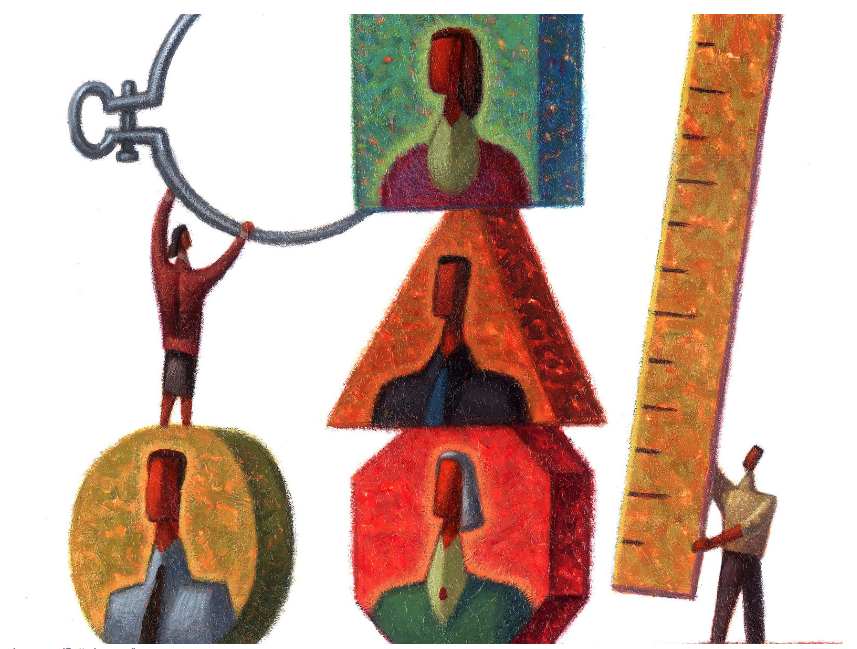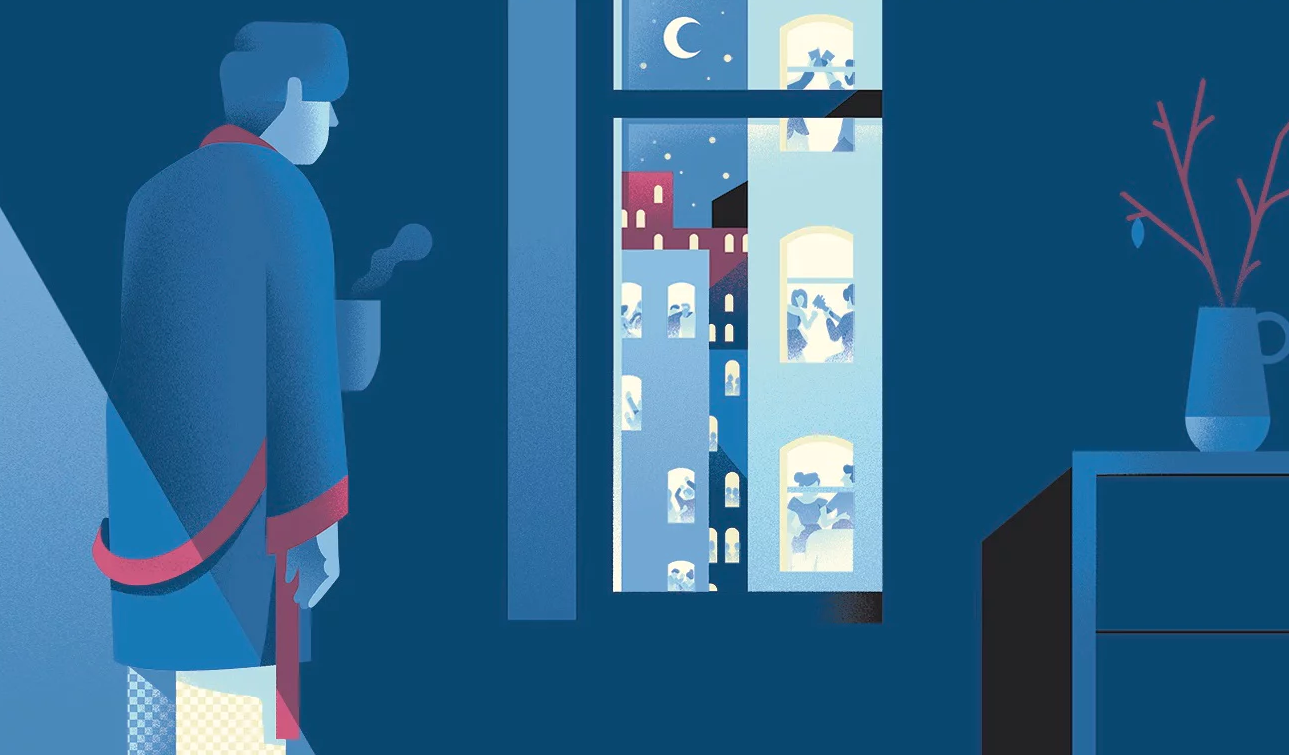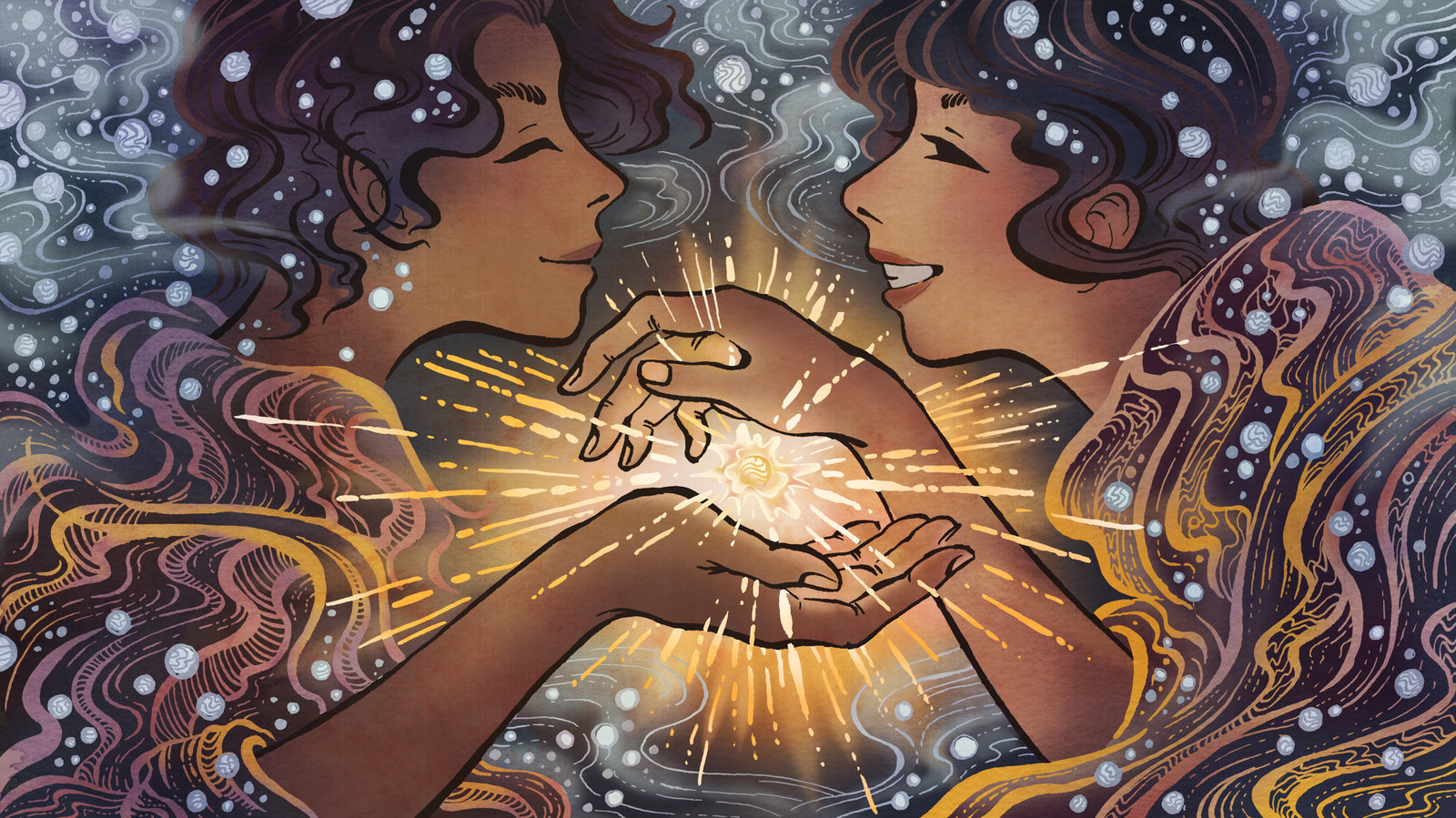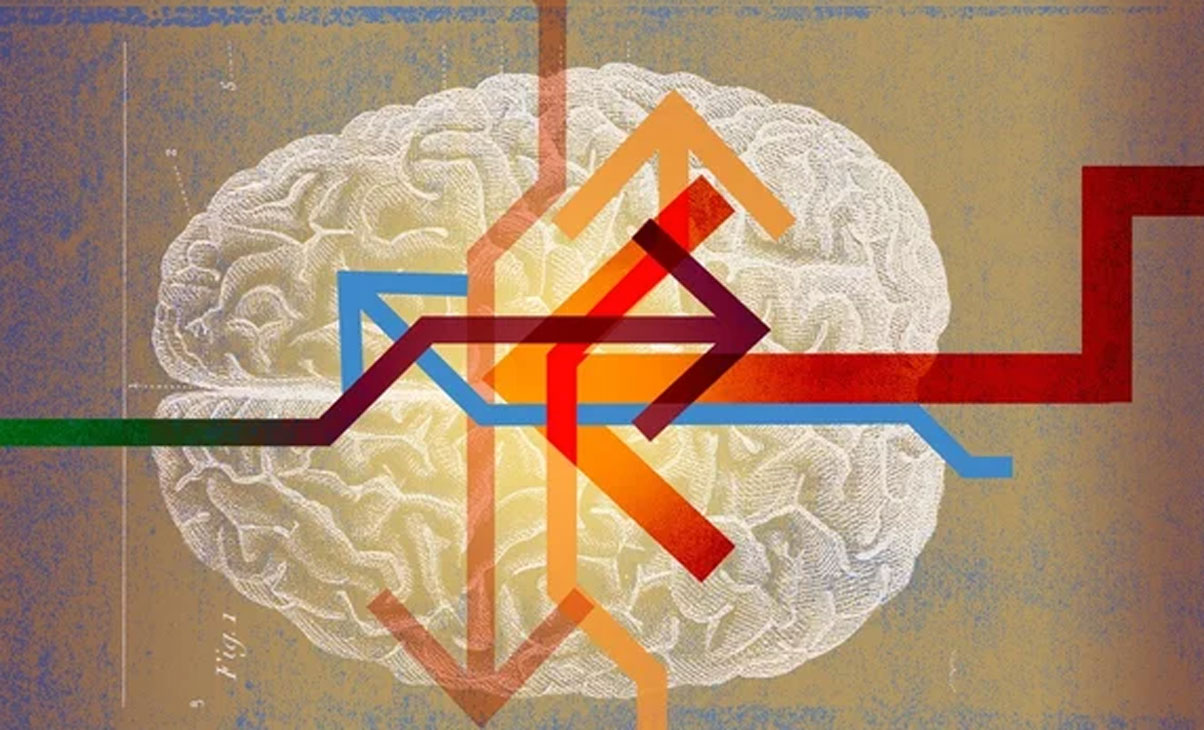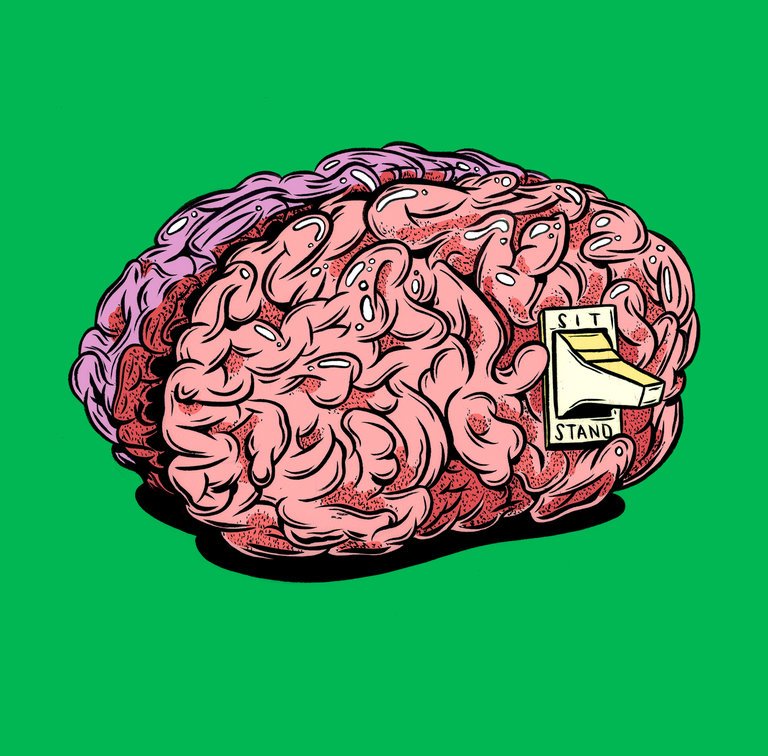
Why are some of us more inclined than others to stick up for ourselves, not aggressively, but assertively. Assertive people let others know when they feel mistreated and they’re confident saying “no” to unwanted demands.
Presumably it has to do with how see ourselves, yet past research has established that two key aspects of the self-concept – good feelings about the self (“self-liking” or “self-confidence”) and seeing oneself as competent – are not strongly related to assertive behaviour.
Daniela Renger, a researcher at the Institute of Psychology at Kiel University in Germany, believes this is because most relevant to assertiveness is self-respect – “a person’s conviction that they possess the universal dignity of persons and basic moral human rights and equality”. Across three studies published in Self and Identity, Renger shows that self-respect is a distinct psychological concept and that it is uniquely correlated with assertive behaviour. To read more from Christian Jarrett, click here.

